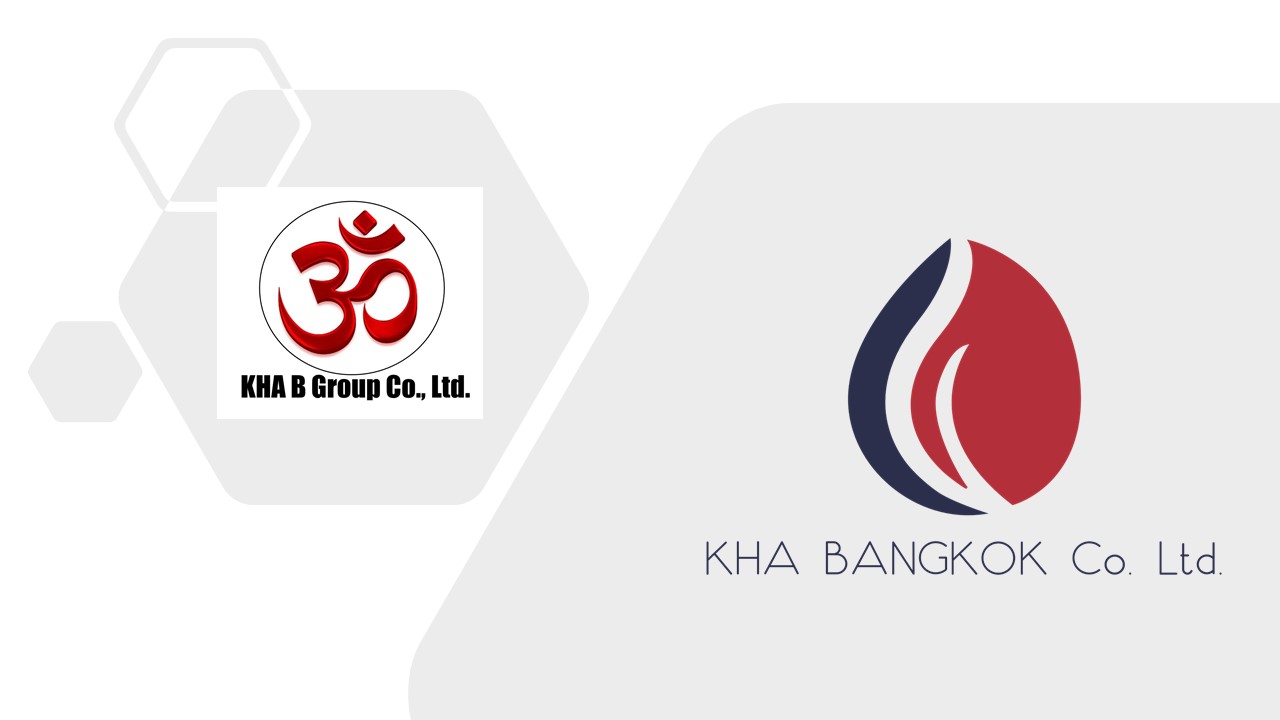With a market value of around 240 billion Thai baht, Thailand is one of the leading pharmaceutical markets in Southeast Asia. Its Universal Health Coverage scheme has made pharmaceuticals more affordable and accessible to the public, contributing to the rising market value of pharmaceuticals in Thailand. The government has also introduced strategic plans to develop Thailand into a medical hub in Asia to attract foreign patients and medical tourists. This is projected to contribute to the healthcare industry as well as provide a significant opportunity for small and medium-sized firms (MSMEs) within the pharmaceutical sector to enhance their potential.

The pharmaceutical industry performance in Thailand
Since 2013, pharmaceutical sales in Thailand have grown by approximately 4.5 percent on average per year. While many of the manufacturing plants for pharmaceuticals are concentrated in developed economies, there were 151 Good Manufacturing Practice (GMP) standardized pharmaceutical manufacturing plants in Thailand as of December 2021. With the available resources, pharmaceutical production in Thailand generated more than 72.5 billion Thai baht worth of pharmaceuticals in the country in recent years. In terms of distribution, there were around 14 thousand pharmacies in the country, excluding public hospitals. These pharmacies were one of the main types of distribution channels for pharmaceuticals. However, around five thousand pharmacies were shut down in 2019 for not meeting the GMP standards.


What’s next for the Thai pharmaceutical market?
The pharmaceutical business can profit from Thailand’s expanding silver economy, given that one in ten of the country’s residents are elderly. In addition, the COVID-19 pandemic has also made Thai people more conscious of their health. The market for medications and dietary supplements was stimulated and expanded as a result of this rise in health consciousness. A variety of general medications are available at pharmacies, from antihistamines to supplements and traditional Thai herbal treatments. In 2022, the Thai market for vitamins and nutritional supplements was worth over 70 billion baht. The growth of medication franchises and sales locations at shopping malls will put further pressure on drug stores in the upcoming year. In terms of governmental rules, the Board of Investment of Thailand permitted a five-year income tax exemption for investments in the pharmaceutical business. Furthermore, a partnership between the public and private sectors called “Community Pharmacy” enables the National Health Security Office (NHSO) to expand the range of care options available to those covered by UCS. In the event of a minor illness with one of 16 symptom groups, one can consult a pharmacist at a community pharmacy and receive free medication. An average of 180 million customers visit pharmacies annually across the nation. As a result, the pharmacy serves as a national provider of community health services. With the manufacturing capability, Thailand should create more generic medications and reduce its reliance on imports.


